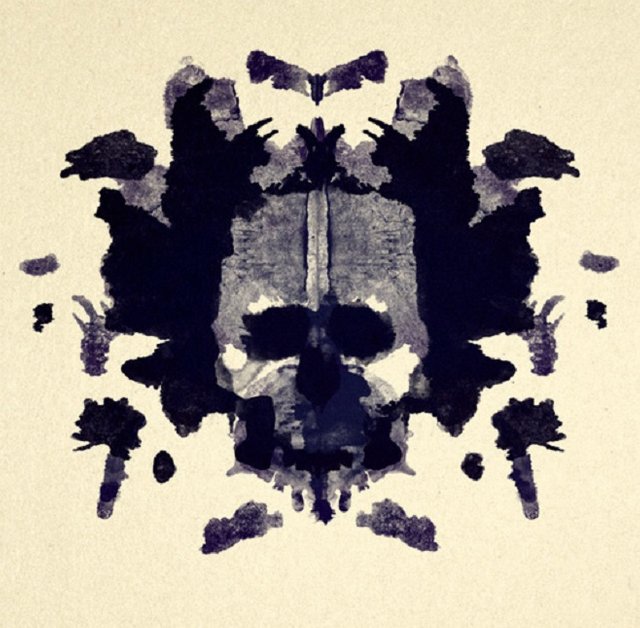History of Psychology: 17th - 19th Century. : Rational, empirical, associative psychology.
When psychology is said to be the science of the shortest story, it is taken into account the fact that it has existed for over 2500 years in the aristocratic fields of philosophy, and only 126 years is the flags of its autonomy in the system of scientific knowledge. In the earliest stages of the emergence of civilizations, in the generic society in the consciousness of people, anemicistic ideas arise about the essence of the world and man and, in particular, about the sensitivist reality. Anemism is a perspective through which people transcribe the actual objects, manifestations and processes, a supernatural essence, a soul. Anemism is not a purely psychological insight into the world, but it strongly expresses the understanding of the properties of what we call the psyche today.
It exists as a common world view of nature and man, according to which the world was interpreted as a collection of free and arbitrarily acting immortal souls. Images of the soul are recorded in myths, legends, stories, tales, perpetuated in rituals and rituals, while preserving some mystery of the soul itself, unattainable to the ordinary human mind. In the later stages of the development of cultures, anemism gives way to a more theoretical view of the soul and its essence, called chilos. Hiloism combines the notions of "matter" and "life". According to him, everything that exists, the whole univer- sity is inherently alive, ie. There is no limit between life, non-life, and psychic. The methodological value of Chalismism is that the mental is included in the composition of the concomitant reality and obeys its laws. The theoretical psychological knowledge emerged and became thematic during the earliest civilizations: Egyptian, Chinese, Indian, and later Greek and Roman. A strong positive point in the attempt to build a scientific idea of the essence of psychic in ancient civilizations is the recognition of the relationship between the external world and the soul, between the soul and the body, which means recognizing the dependence between thinking and behavior from the body and nature. In a certain period of time, and later even now, a particular affinity for the explanation of the psychic has religion and, in general, theology. It could be said that the dialogues between theology and psychology have not ended today.
This, of course, not because of the inability of psychology to show its scientific image, but because of the fact that science has no answer to the cardinal question of being, the beginning of the world and the existing one. A special place in the general theory of the essence of the soul and the nature of psyche and consciousness occupy the ancient Eastern civilizations. Suffice it to note that the Buddhism or Yoga system includes psychological, natural science, and philosophical problems of a nature and nature. It could be assumed that Indian ancient thought raises rationalism and empiricism in psychology. In ancient China, literary psychological sources can also be found to address different problems of psychological knowledge and psychological practice. Historians of psychology note that in China in the 18th century, a composition appeared on the subject: "The Book of the Inner." When discussing the origins of psychological science in the sense of the emergence of early fundamental ideas and facts, it is extremely difficult to choose the starting point, the genetic point of view, but nevertheless we should agree with the conclusion of the Polish psychologist Tomashevsky, who writes that the modern psychology is a product of Mediterranean culture. Undoubted and inspirational is the merit of ancient Greek thinkers about the development of psychological thought. In the philosophical schools of Plato and Aristotle, Socrates and Heraclitus and others.

Great.
Amazing